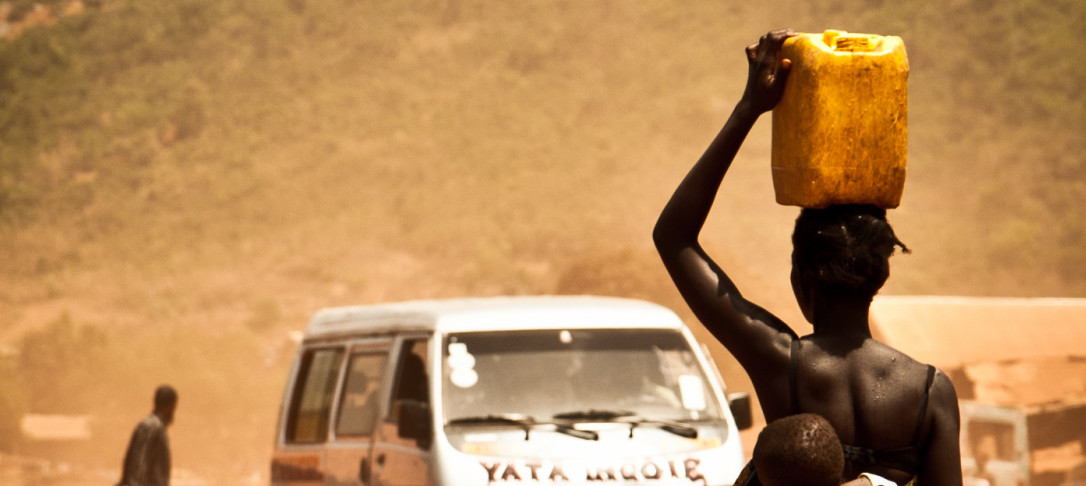
Women’s vulnerability to climate change stems from a number of factors – social, economic and cultural. Women have limited access to and control of environmental goods and services; they have negligible participation in decision-making, and are not involved in the distribution of environment management benefits. Consequently, women are less able to confront climate change. In many societies, socio-cultural norms and childcare responsibilities prevent women from migrating or seeking refuge in other places or working when a disaster hits. Women, in many developing countries suffer gender inequalities with respect to human rights, political and economic status, land ownership, housing conditions, exposure to violence, education and health. Climate change becomes an added stressor that will aggravate women’s vulnerability.
Globally, the evidence has been mounting in linking gender equality and enhanced environmental outcomes: when gender inequality is high, forest depletion, air pollution and other measures of environmental degradation are also high. Recognising the important contributions of women as decision makers, stakeholders, educators, carers and experts across sectors and at all levels can lead to successful, long-term solutions to climate change. Across sectors, women’s innovations and expertise have transformed lives and livelihoods, and increased climate resilience and overall well-being. Global negotiations have increasingly reflected the growing understanding of gender considerations in climate decision making over the last few years.
Hear from our panel of Imperial researchers on their latest research, their diverse geographical regions of interests and their own experiences as women tackling climate change.
STRUCTURE
A 40-minute panel discussion, where each speaker reflects on their experience, and their observation of the contribution that women have made to the climate change narrative (in science, policy, business). They will discuss the positive steps taken by scientists/academics, funding organisations/donors, and local governments to bring women’s skills and knowledge to the forefront of climate change adaptation and mitigation; How COP26 framed and tackled vulnerability in relation to gender-bias and the recommendations set forth in the Glasgow Pact that recognise the role of women, with a focus on what we need to see more of at COP27. The session ends with a 20-minute question session, moderated by Karen Makuch.
This is a hybrid event: Please indicate when registering whether you will be attending in person at our South Kensington campus, or if you will join the online livestream.
WOMEN IN IMPERIAL WEEK
As part of Women in Imperial Week (7-11th March 2022), Grantham Institute is organising this panel discussion on the 8th of March, on International Women’s Day.
The week aims to celebrate the Imperial female community and highlights the support that is available. The team try to put an Imperial spin on the event and create a series of events that fit our community. There are usually lecturers, panel discussions, training, and everything in between. This year there is a special focus on climate change and its impact on inequality.
Poster Attribution: “The Long Road” by Duda Arraes is licensed under CC BY-NC-SA 2.0